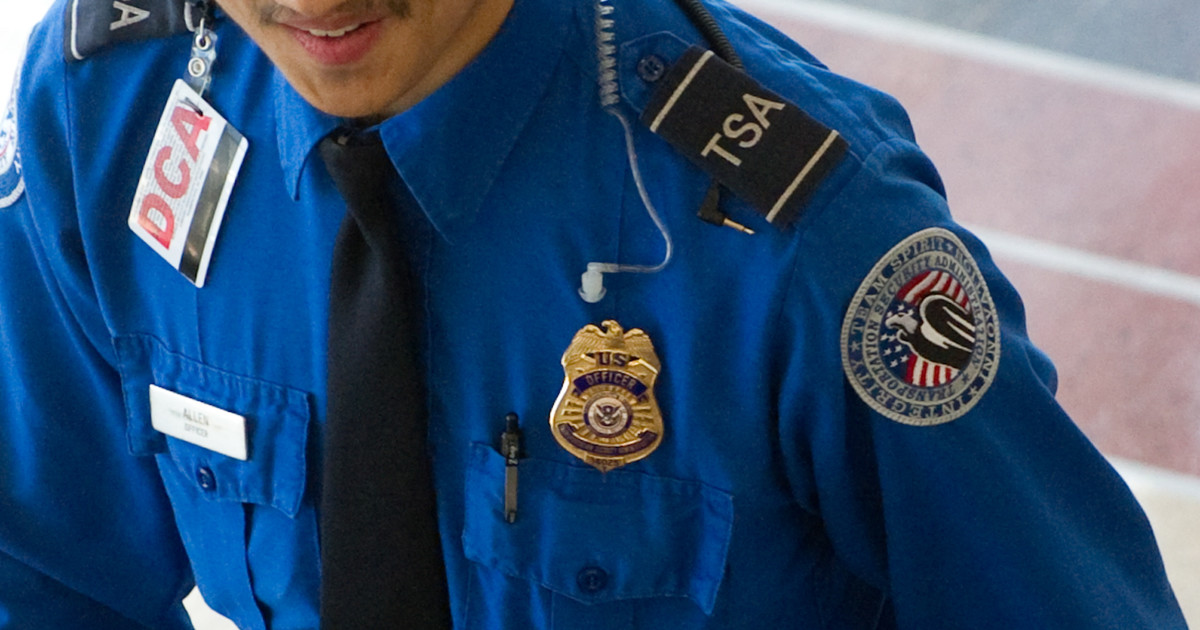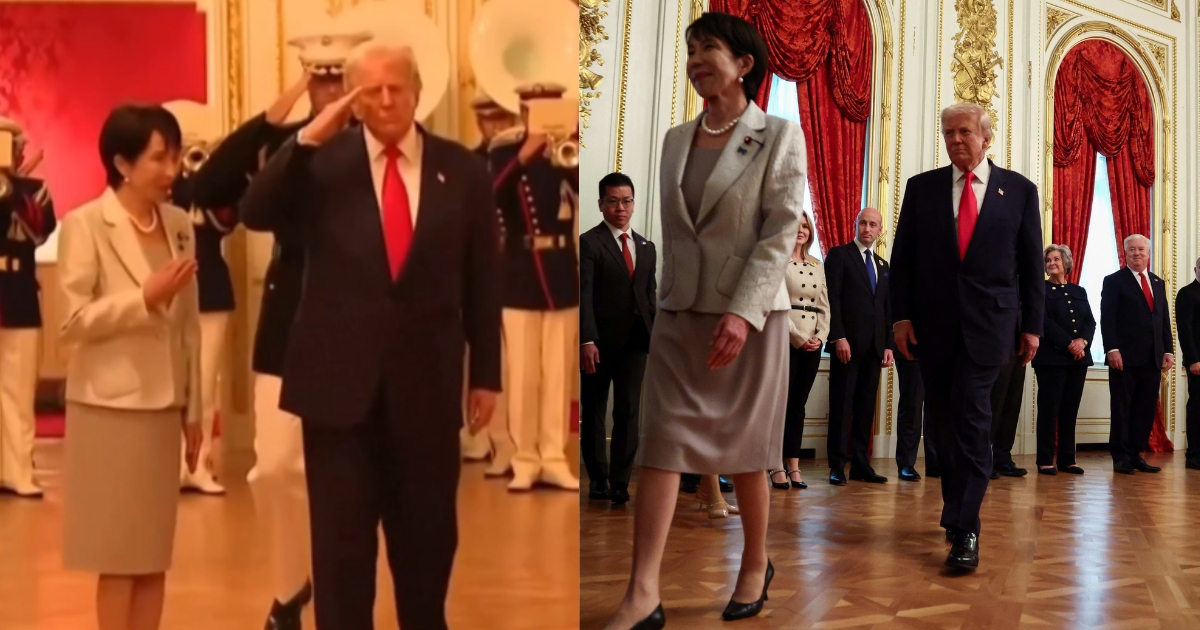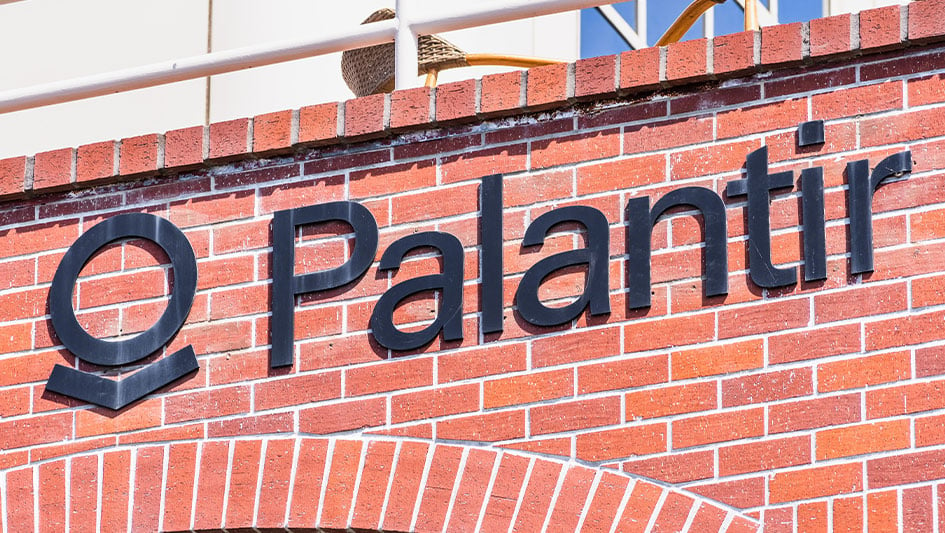Copyright Arkansas Online

Today in health care, aside from the overarching debate about keeping people insured, nothing likely dominates the debates, especially the political ones, more than the cost of prescription drugs. According to RAND Corp. in a 2024 report, drug prices in the United States were about three times higher than in 33 other high-income nations for name-brand drugs still on patent. The U.S. has a complex and fragmented reimbursement system without any national pricing controls. Drug prices are set between the drug makers and insurers. This is often done through less-than-transparent pharmacy benefit managers (PBMs) who act as the middleman. In other nations, especially in Europe, the governments negotiate directly with the drug makers, and often with only one payer, the governments have leverage not found in the U.S. Drug makers are a powerful lobby in Washington, D.C. Drug companies have great sway over Congress and the president; they donate heavily to campaigns and have a small army of well-paid lobbyists who push back on controls of drug prices. Drug companies don't deny Americans pay the highest prices in the world while arguing this is necessary to fund the research needed to develop new drugs. Not talked about are the huge sums drug makers spend on advertising in every media--$13 billion (deducted from the drug makers' income taxes) in 2024 based on public reporting. The president has suggested direct-to-consumer ads be banned, as was the case prior to 1985. Caught in the middle is the retail pharmacy, increasingly dominated by "big box" chains like Walgreens and CVS. Independent retail pharmacists are vital, especially in rural Arkansas where they often do home delivery and service nursing homes. A pharmacies reimbursement is divided into two parts: a dispensing fee and for the ingredients, the actual drugs usually bought from wholesalers. The actual audited cost of dispensing is above $12, which covers salaries, floor space, the bottles, labels, etc. Most insurance companies, including Medicare, pay only around $2, less than 20 percent of the cost of dispensing the medicine. For the cost of drugs, insurance companies too often pay the retail pharmacist little profit and sometimes less than they have to pay to put the products on the shelf. In Arkansas, because of legislation, Medicaid pays more fairly. Where are the drugs made? Unlike other consumer products, you can't look at a package and know the manufacturing source. More than 70 percent are made overseas; the majority of the name-brand drugs are made in Europe. Generic drugs are mostly made in Asia, usually India and China. The huge majority of drugs dispensed in the U.S. are these generics, which unlike name brands cost little if any more than outside the U.S. The actual drug ingredients are often made in Third World countries and shipped to other countries to be made into tablets or capsules. Fifty percent of one major antibiotic, amoxicillin, has ingredients made in Jordan before being sent elsewhere for the final formulation. For a number of drugs, China makes the ingredients and ships to factories in India that make the final tablets and capsules. It's notable this model is how fentanyl reaches the U.S.; China makes the raw ingredients and ships to Mexican cartels who formulate the fentanyl tablets. The U.S., as we learned during covid, is subject to global supply-chain disruptions that can cause prescription drug shortages. Ideas for lowering drug prices One idea is a program called "TrumpRx," a website that would let the patients buy directly from the manufacturer, bypassing the insurance company and presumably the pharmacy as well. At least Pfizer, among the drug giants, seemingly has agreed to participate. This would seem to appeal more to people without coverage or with high insurance co-pays. Pfizer has also agreed to give Medicaid the lowest prices charged among all nations, or "most favored nation" pricing. Medicaid already gets the lowest price charged in the U.S. because of legislation Sen. David Pryor pushed through in 1990 requiring drug makers to rebate the differences between what Medicaid paid and what the lowest cost U.S. customer paid. Arkansas alone has collected many millions of dollars in rebates that went back into the Medicaid budget. Thank you, Senator Pryor. Otherwise, the president is demanding all drug makers give U.S. patients and pharmacies their "most favored nation" price or to charge no more than they sell the drugs for in other countries in the world. It seems likely this can't be done without congressional authorization and is subject to legal challenges. Complicating the cost of drugs are tariffs levied around the globe by the U.S., 15 percent, for instance, in the EU, that will increase the cost of drugs, most of which are imported. What's to come? For the time being, Americans will still pay the highest prices on Earth, but it's anybody's guess where the prices will be a year or two from now. Ray Hanley is a former Arkansas Medicaid director and the retired CEO of the Arkansas Foundation for Medical Care.



